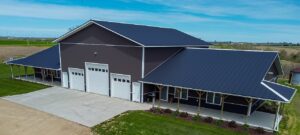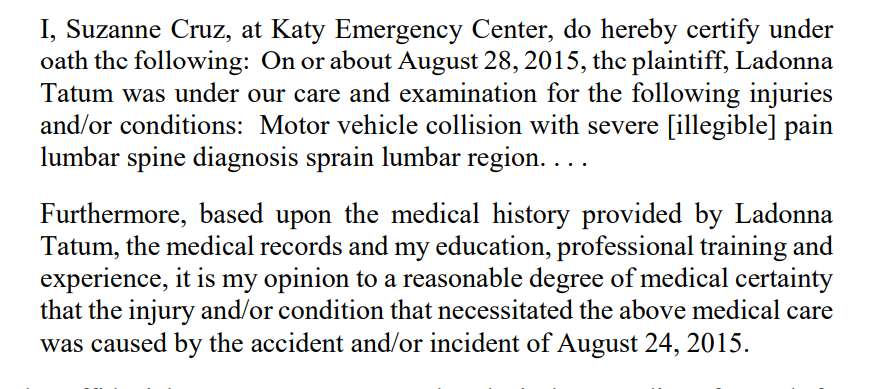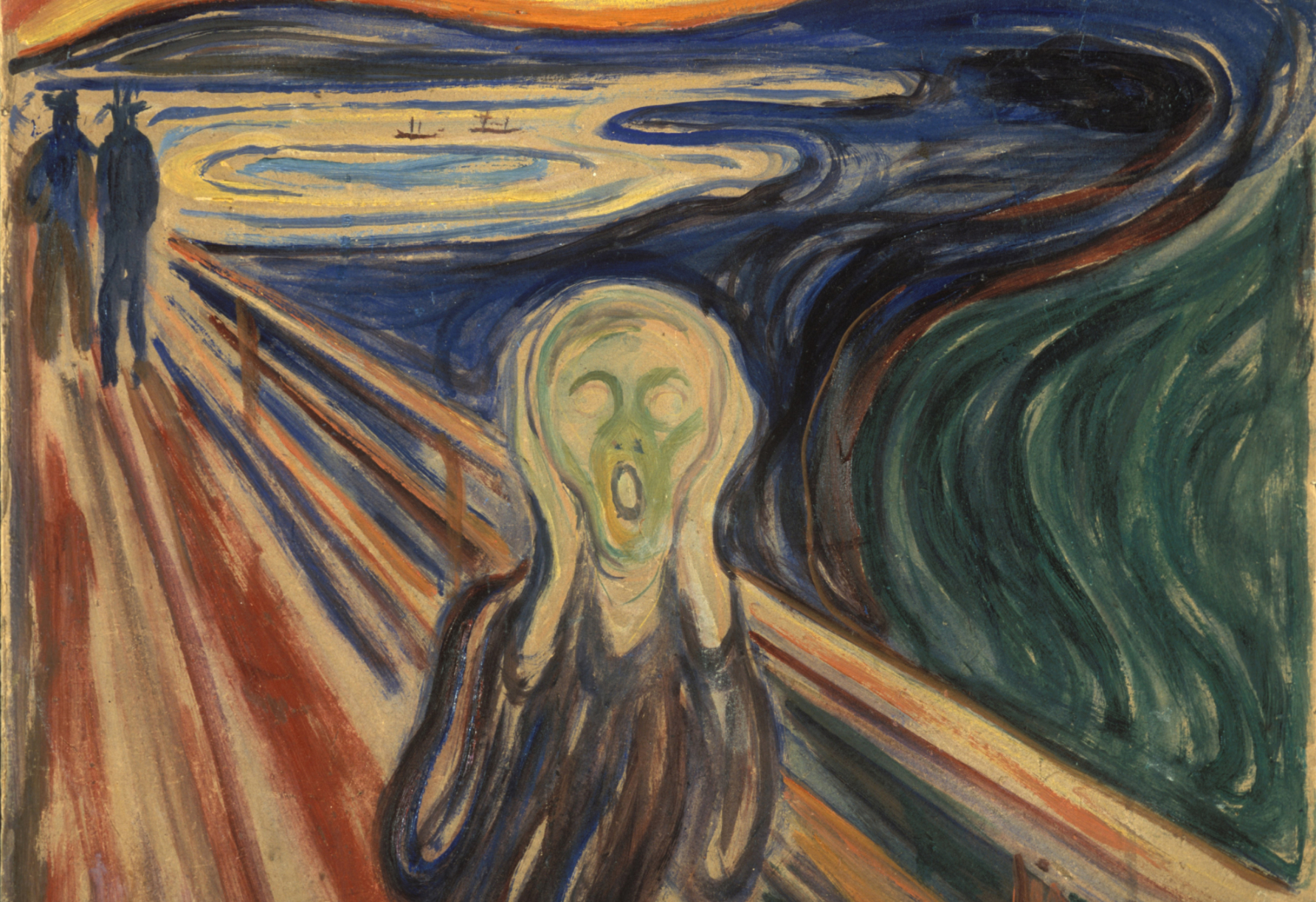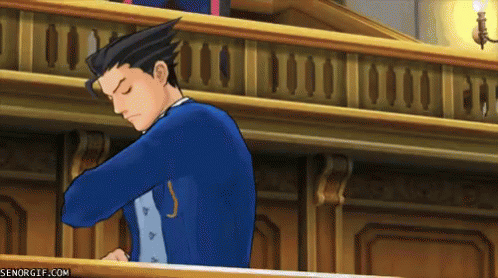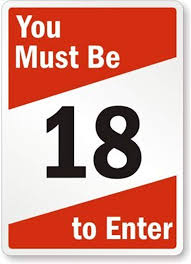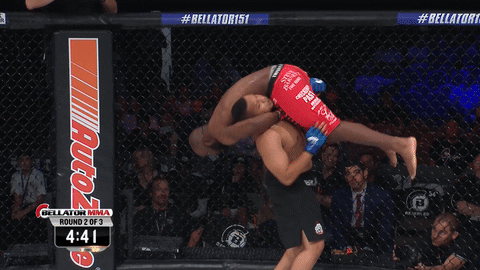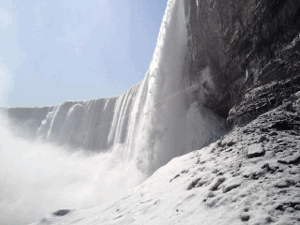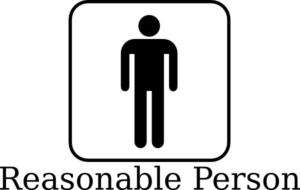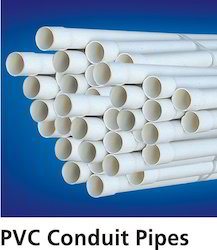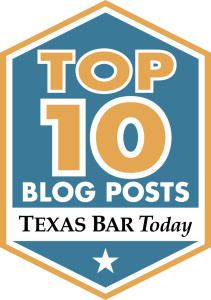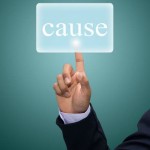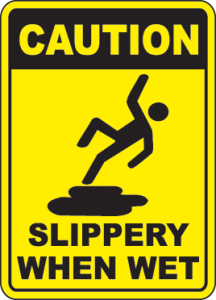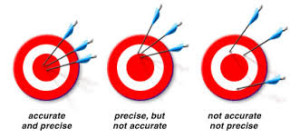Several years ago, the court of appeals affirmed most of a judgment against Spin Doctor Golf, but reversed the trial court’s grant of summary judgment sustaining Paymentech, L.P.’s statute of limitations defense. Spin Doctor Golf, Inc. v. Paymentech, L.P., 296 S.W.3d 354, 363 (Tex. App.-Dallas 2009, pet. denied). On remand, the trial court denied Spin Doctor’s motion to modify the scheduling order to permit it to designate expert witnesses. The court denied that motion, and granted Paymentech’s traditional and no-evidence motions for summary judgment.
Spin Doctor had sought to designate five experts prior to the first summary judgment ruling and appeal, but that designation came months after the deadline under the scheduling order then in effect, and the trial court determined Spin Doctor had not shown good cause for the late designation of the experts. On remand, the trial court again rejected Spin Doctor’s request to designate experts. The court of appeals sustained that ruling, concluding that (1) there was a valid scheduling order in effect and Spin Doctor had blown well past it, (2) Spin Doctor’s need for a lost profits expert did not establish good cause for missing the deadline, (3) Paymentech’s failure to produce certain documents did not explain why Spin Doctor was prevented from timely designating the experts, and (4) the trial court could have reasonably determined that Paymentech would be unfairly surprised by the experts’ testimony because the record did not disclose any proffered report from those experts, leaving Paymentech to take discovery in the dark. The court of appeals also affirmed the summary judgment ruling, holding that the affidavit of Spin Doctor’s president had been properly stricken the first time through the trial court, and that its lost profits analysis was conclusory in any event. With no evidence of damages, the judgment against Spin Doctor was affirmed.
Spin Doctor Golf, Inc. v. Paymentech, L.P., No 05-11-0104-CV
